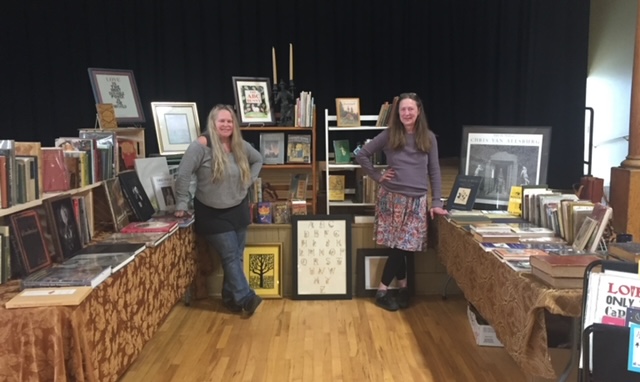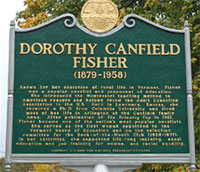

ABOUT VABA
The Vermont Antiquarian Booksellers Association is an organization of booksellers from the state of Vermont.
We welcome you to browse our interactive map and current list of members. The listings include the bookseller's address, phone number, shop hours and location, e-mail or web site links if applicable, plus shop specialties.
Header Photo Credit
Aerial Vermont Photo (c) 2012 Alan Nyiri ~ www.alannyiri.com
About this Website
Note: This website works best in the most current version of your web browser.


2024
SPRING BOOK & POSTCARD FAIR
Sunday, April 21st
Saint Albans City Hall
100 Main Street
St Albans, VT
We are a group of booksellers from all around Vermont and New England, gathering together to bring you our best examples of collectible and rare books, postcards, prints and ephemera. It's like visiting a dozen different bookshops all at once!
There will be plenty of affordable books in addition to the more pricey volumes. You will get to talk to different booksellers, each of whom is very knowledgeable about their particular specialty. Discuss your favorite authors and subjects. Check out some of the beautiful craftsmanship of the older book bindings.
Meet a bookbinder and see how books are bound and repaired.
Book Appraisals by J. Kevin Graffagnino 11am-1pm
Local authors will be meeting the public and signing their books, in partnership with Saint Albans Community Arts
If you love books, prints, maps, postcards and paper of all kinds, there's no better way to spend a day.




